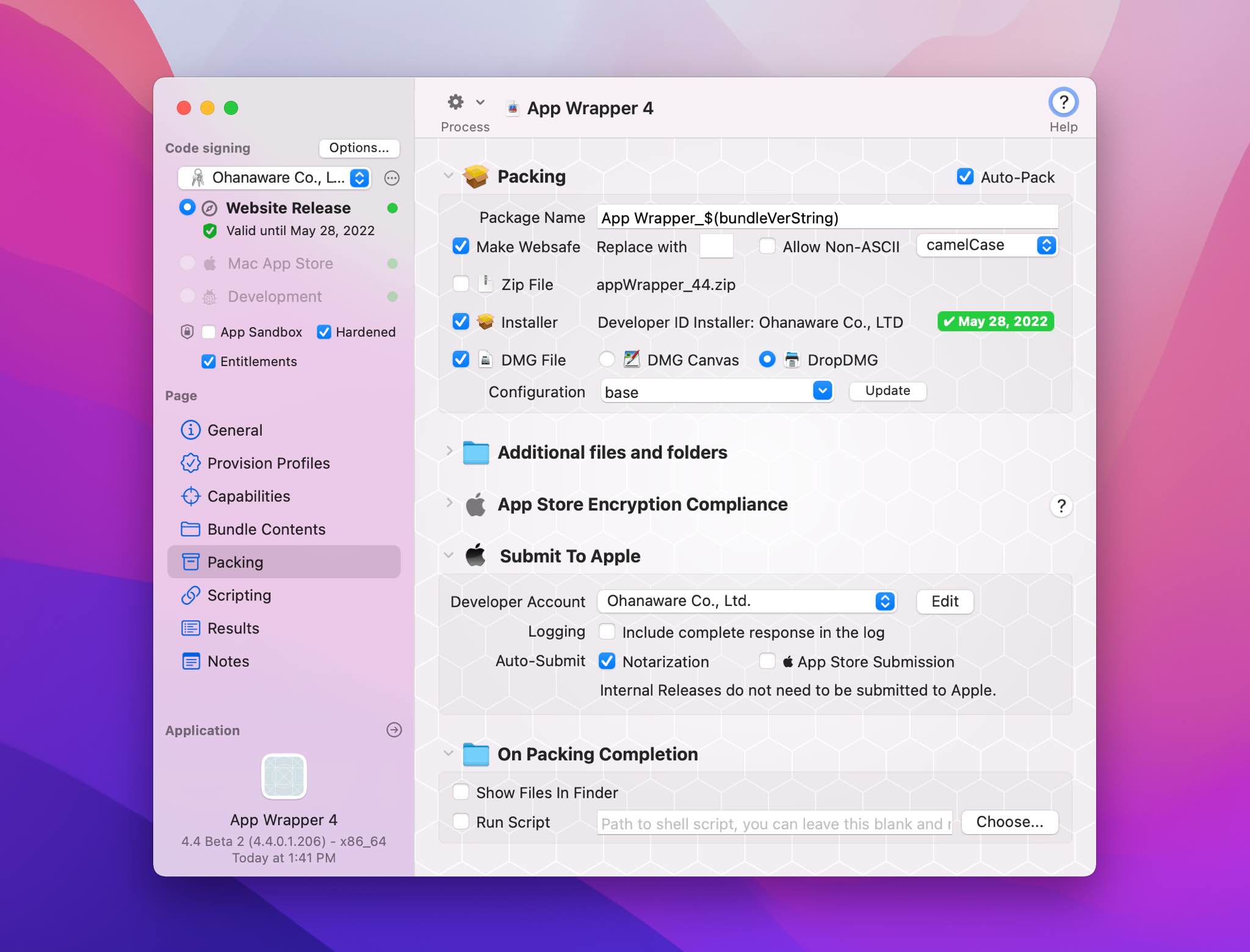
There are all sorts of ad blockers for mobile.īut those work only in mobile web browsers, not native apps. Because it’s harder for users to block ads and easier to collect data. The web caches resources by default, and has more advanced caching available through Service Workers. When you download the app, you’re downloading the resources just like the web does. Potential Solution: This is only partially true, to begin with. Native apps have a bunch of the resources required to run the app locally meaning they don’t need to get them from the network when opened. There is also the whole world of software tools where what you build can be delivered both as a web app and native app, like Flutter. There isn’t that much we can do as website authors we wait and hope mobile operating systems make it better.
Android app wrapper for website install#
Native App Install Prompts are a big tool that levels this playing field, and it would be ideal to see Apple support PWAs better and offer this.
Android app wrapper for website android#
Chrome on Android goes a step further, offering a Native App Install Prompt for apps for Progressive Web App (PWA) websites that meet a handful of extra criteria, like the site has been interacted with for at least 30 seconds. It’s just a fairly “buried” feature and it’s unlikely all that many people use it. Potential Solution: Both iOS and Android have “Add to Home Screen” options for websites. Because they get an icon on the home screen of the device. But that’s not to say native apps don’t have some extremely compelling things they offer, hence this post. But in case you are unsure, there are many: it’s an open standardized platform, it will outlast closed systems, it strongly values backward compatibility, anybody can build for the web, it runs cross-platform, and heck, URLs alone are reason enough to go web-first.

I’m also not getting into reasons where the web has the advantage. Nothing subjective here, like “it’s faster to develop on” or “native apps are more intuitive” or the like, which are too subjective to quantify. I’m exclusively focusing on reasons a native app might either be a distinct advantage or at least feel like an advantage compared to a website. I’m a web guy myself, so I’m interested in seeing how the web can evolve to mitigate these concerns. I wanted to write down what I think the reasons are here in December of 2021 so that we might revisit it from time to time in the future and see if these reasons are still relevant.


 0 kommentar(er)
0 kommentar(er)
